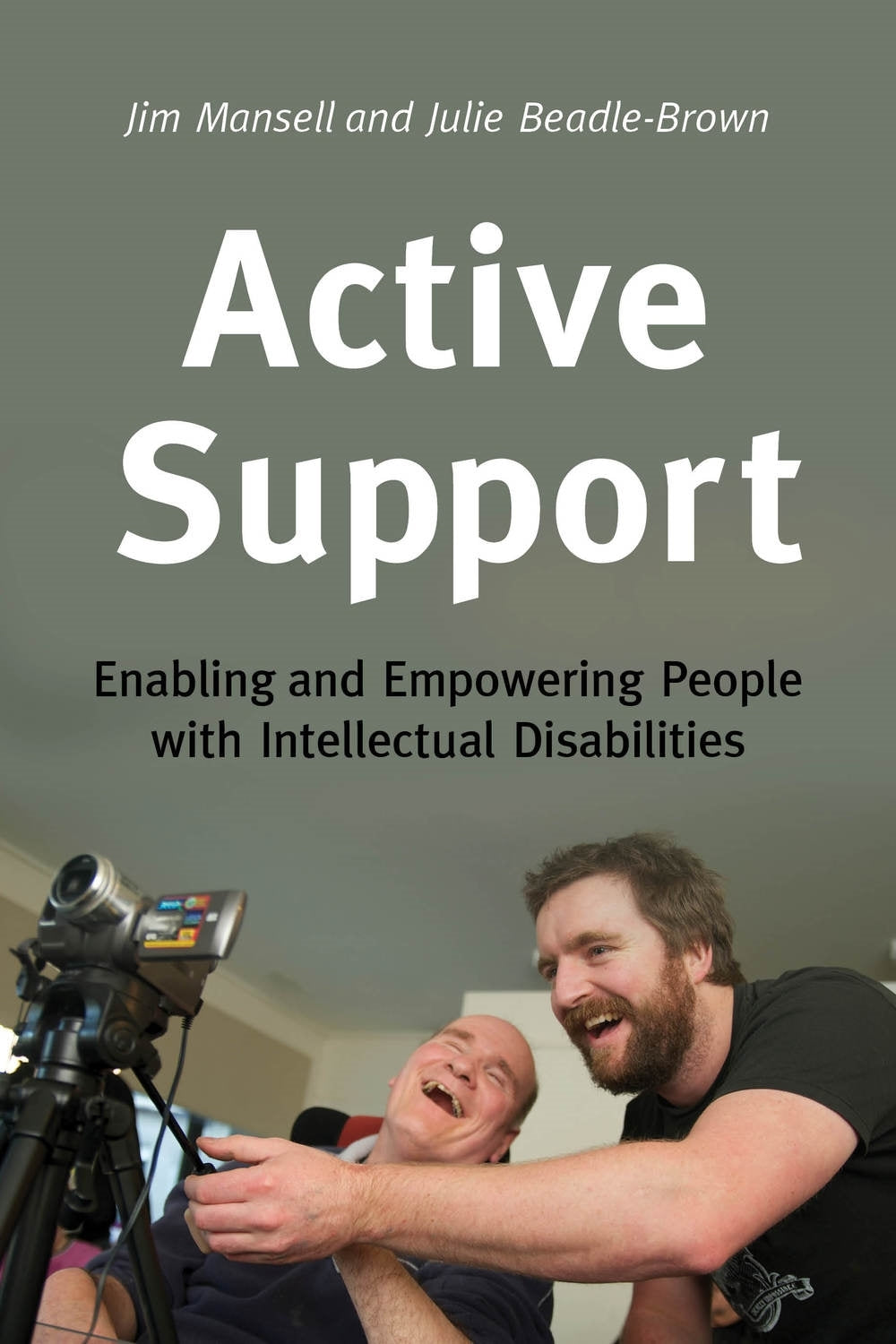
Press Reviews
British Journal of Occupational Therapy
Mansell and Beadle-Brown have created a thorough handbook of AS and how to implement it successfully. Readers of this book will also obtain different perspectives of challenges faced with AS, and how to resolve these. The book is a stimulating read, with a strong evidence base referenced to research and government papers. The authors explain their material clearly, and offer ideas for future research. This is a book to buy for any student or practitioner in a relevant field.
Nursing Standard
excellent and accessible book... It provides a concise explanation of active support - meaningful, engaging and fulfilling daily activities by carers providing intensive support - and how to set about providing this.
International Journal of Developmental Disabilities
The book is comprehensive and essentially provides a value base and structure to support service users positively. It will be useful for families, care providers and health and social care practitioners who work or care for people with intellectual disabilities.
Rostrum
This book is drawn from international sources and sits within social policy and social work values of social inclusion, choice, participation, respect and dignity. Its great value is that by drawing on research as to what works in practice then it is both a key source of evidence and a call of action to effect change at different levels... Each chapter manages to discuss and analyse issues and challenges with which we are all familiar. The evidence is used to highlight what works and to recommend best practice at different levels. This is an important book that deserves to be read by students, social workers, team leaders, senior managers, policy makers and inspectorate staff and its recommendations acted upon.
Professor Christine Bigby, LaTrobe University, Australia
This landmark book is an authoritative text on the organisation of support and methods of direct practice with people with severe intellectual disability. Written by two outstanding academic leaders, it draws together the significant body of research that forms the evidence base for person centred active support. Its unique contribution and thus immense value is the clarity with which this knowledge is translated into a comprehensive guide to every day practice for staff, front line leaders and senior managers. This book is a key source of theory and evidence for students, researchers and policy makers, as well providing practitioners and organisations with a blueprint for action.
Steven M. Eidelman, H. Rodney Sharp Professor of Human Services Policy and Leadership, University of Delaware
Mansell and Beadle-Brown have pulled together, in one place, a readable, practical yet research-based guide to improving supports for people with significant intellectual disabilities. I recommend this concise volume for any service provider or policymaker who supports this population. It is well worth the read.
Bob Tindall, Managing Director, United Response and former Chair and current board member of the Association of Supported Living (ASL)
This is a really helpful book for anyone wishing not only to understand the place of person centred active support in enabling people with complex support needs to exercise control over their own lives, but to implement it effectively. It is meticulously researched and distils experience gained from implementation really well.
Gary Radler, Clinical Psychologist, Positive Behaviour Support Services, Australia
In my 35 years of working with people with a disability I have not come across anything as important as Person-Centred Active Support. It is now at the core of almost all the work that I do.
Ian McLean, CEO, Golden City Support Services (GCSS), Australia
Person Centred Active Support has been an essential core element of what we do for more than 10 years; it takes energy and tenacity to implement and maintain but the difference it makes in people's lives makes it very worthwhile.
